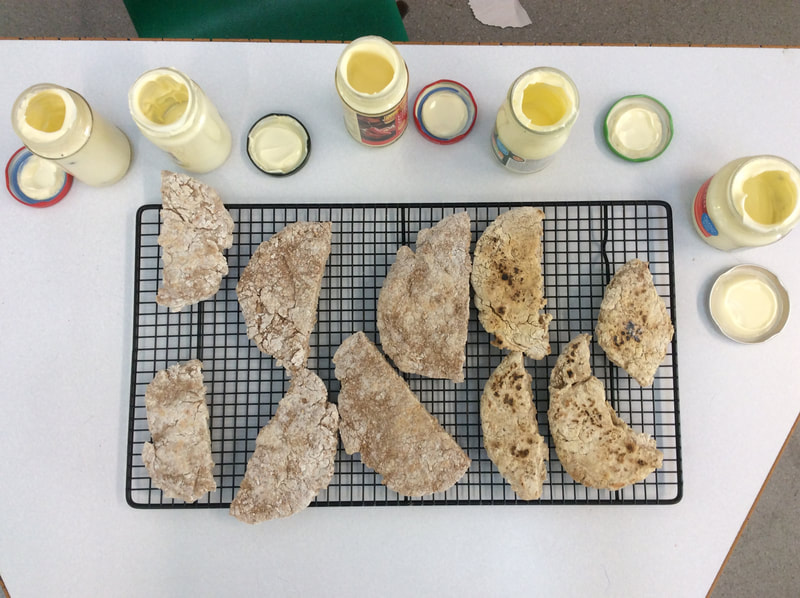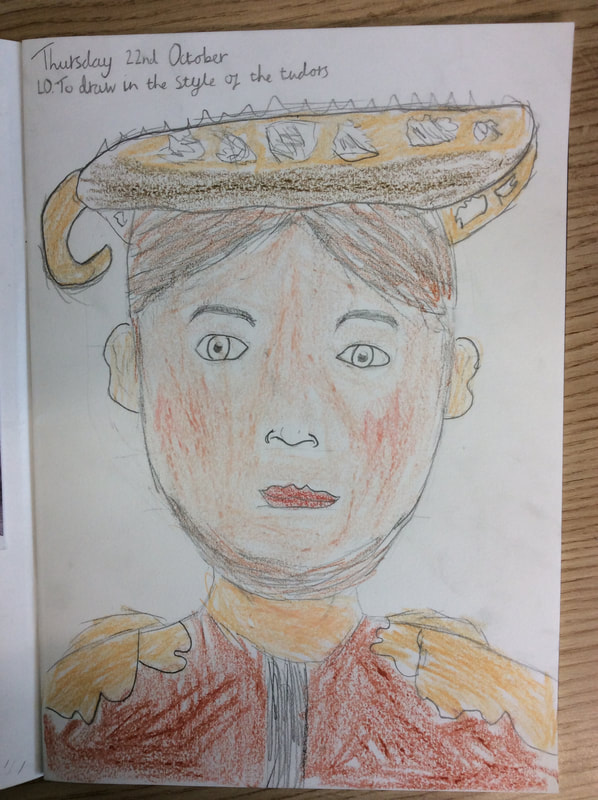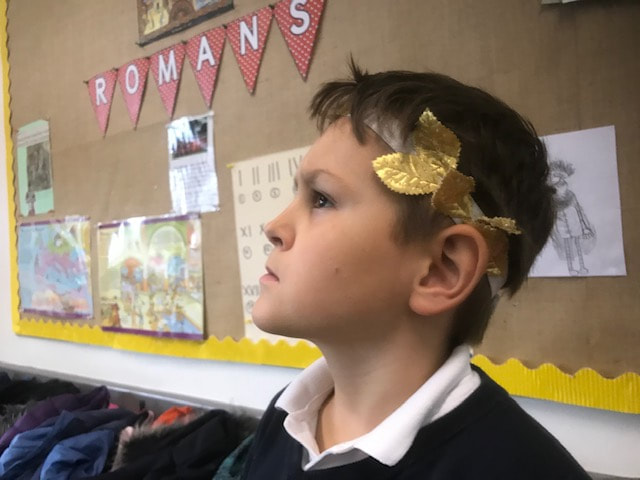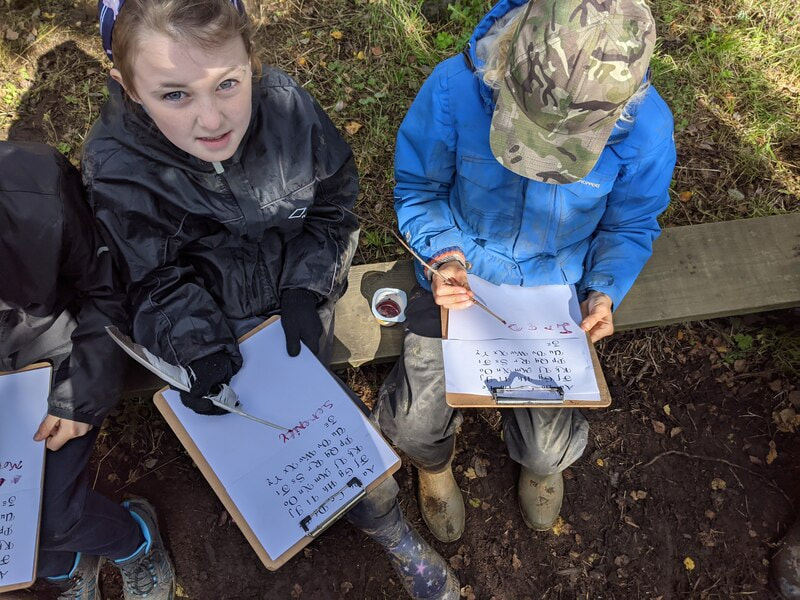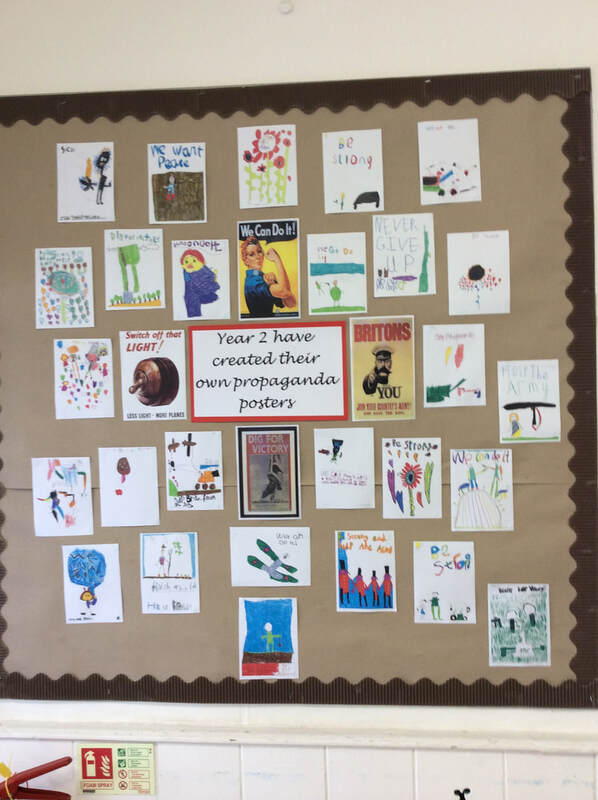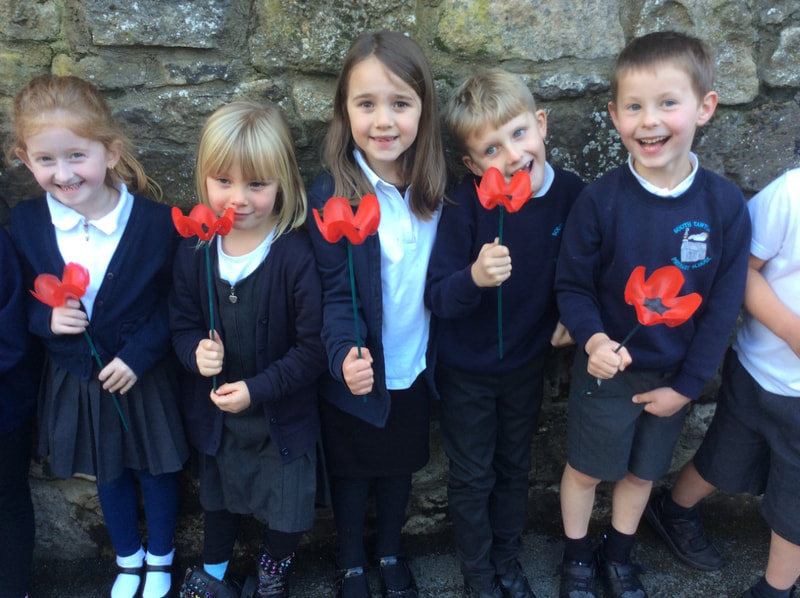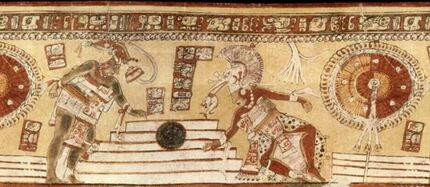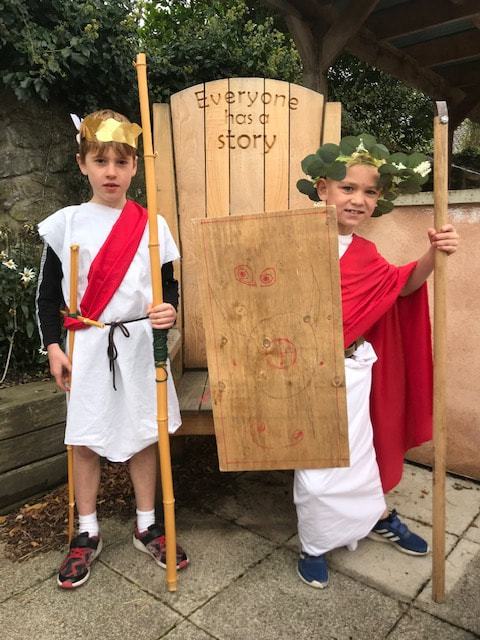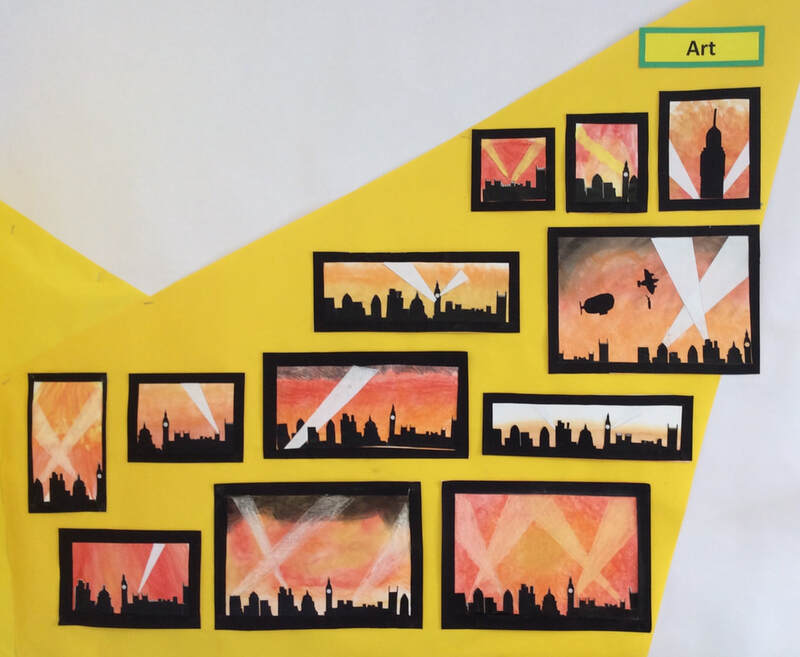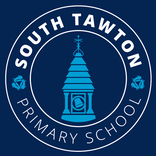INTENT
Our history curriculum includes termly topics for all children from Year 1 to Year 6. We aim to offer a high-quality history education that will help pupils gain a coherent knowledge and understanding of Britain’s past and that of the wider world. It should inspire pupils’ curiosity to know more about the past. Teaching should equip pupils to ask perceptive questions, think critically, weigh evidence, sift arguments, and develop perspective and judgement. History helps pupils to understand the complexity of people’s lives, the process of change, the diversity of societies and relationships between different groups. It also helps children gain a sense of their own identity within a social, political, cultural and economic background. Because of this, we feel it is important for the subject to be taught discretely as well as incorporated within other curriculum subjects such as English and Art.
AIMS
The national curriculum for history aims to ensure that all pupils:
- know and understand the history of these islands as a coherent, chronological narrative, from the earliest times to the present day: how people’s lives have shaped this nation and how Britain has influenced and been influenced by the wider world
- know and understand significant aspects of the history of the wider world: the nature of ancient civilisations; the expansion and dissolution of empires; characteristic features of past non-European societies; achievements and follies of mankind
- gain and deploy a historically grounded understanding of abstract terms such as ‘empire’, ‘civilisation’, ‘parliament’ and ‘peasantry’
- understand historical concepts such as continuity and change, cause and consequence, similarity, difference and significance, and use them to make connections, draw contrasts, analyse trends, frame historically-valid questions and create their own structured accounts, including written narratives and analyses
- understand the methods of historical enquiry, including how evidence is used rigorously to make historical claims, and discern how and why contrasting arguments and interpretations of the past have been constructed
- gain historical perspective by placing their growing knowledge into different contexts, understanding the connections between local, regional, national and international history; between cultural, economic, military, political, religious and social history; and between short- and long-term timescales.
Implementation
We teach the National Curriculum, supported by a clear skills and knowledge progression. This ensures that skills and knowledge are built on year by year and sequenced appropriately to maximise learning for all children. It is important that the children develop progressive skills of a historian throughout their time at South Tawton Primary School and do not just learn a series of facts about the past. Pupils will find evidence, weigh it up and reach their own conclusion. To do this successfully, as historians, they need to be able to research, interpret evidence, including primary and secondary sources, and have the necessary skills to argue for their point of view; skills that will help them in their adult life.
Impact
By the time the children leave our school they should have developed the following:
A secure knowledge and understanding of people, events and contexts from the historical periods covered.
The ability to think critically about history and communicate confidently in styles appropriate to a range of audiences.
The ability to consistently support, evaluate and challenge their own and others’ views using detailed, appropriate and accurate historical evidence derived from a range of sources.
The ability to think, reflect, debate, discuss and evaluate the past, forming and refining questions and lines of enquiry.
A passion for history and an enthusiastic engagement in learning, which develops their sense of curiosity about the past and their understanding of how and why people interpret the past in different ways.
A respect for historical evidence and the ability to make robust and critical use of it to support their explanations and judgements.
We teach the National Curriculum, supported by a clear skills and knowledge progression. This ensures that skills and knowledge are built on year by year and sequenced appropriately to maximise learning for all children. It is important that the children develop progressive skills of a historian throughout their time at South Tawton Primary School and do not just learn a series of facts about the past. Pupils will find evidence, weigh it up and reach their own conclusion. To do this successfully, as historians, they need to be able to research, interpret evidence, including primary and secondary sources, and have the necessary skills to argue for their point of view; skills that will help them in their adult life.
Impact
By the time the children leave our school they should have developed the following:
A secure knowledge and understanding of people, events and contexts from the historical periods covered.
The ability to think critically about history and communicate confidently in styles appropriate to a range of audiences.
The ability to consistently support, evaluate and challenge their own and others’ views using detailed, appropriate and accurate historical evidence derived from a range of sources.
The ability to think, reflect, debate, discuss and evaluate the past, forming and refining questions and lines of enquiry.
A passion for history and an enthusiastic engagement in learning, which develops their sense of curiosity about the past and their understanding of how and why people interpret the past in different ways.
A respect for historical evidence and the ability to make robust and critical use of it to support their explanations and judgements.
Autumn |
Spring |
Summer |
|
Year 1 |
Entertainment Through Time |
Explorers and Adventurers |
Local History |
Year 2 |
Famous Scientists and Engineers Remembrance |
London |
Ancient Egyptians |
Year 3 |
Prehistoric Britain |
Ancient Greece |
Ancient China |
Year 4 |
Romans |
Anglo Saxons |
Vikings |
Year 5 |
Medieval Monarchs |
Benin Kingdom |
Middle East |
Year 6 |
20th Century Conflicts |
Civil Rights |
Industrial Revolution |
Please click here for our history progression document

